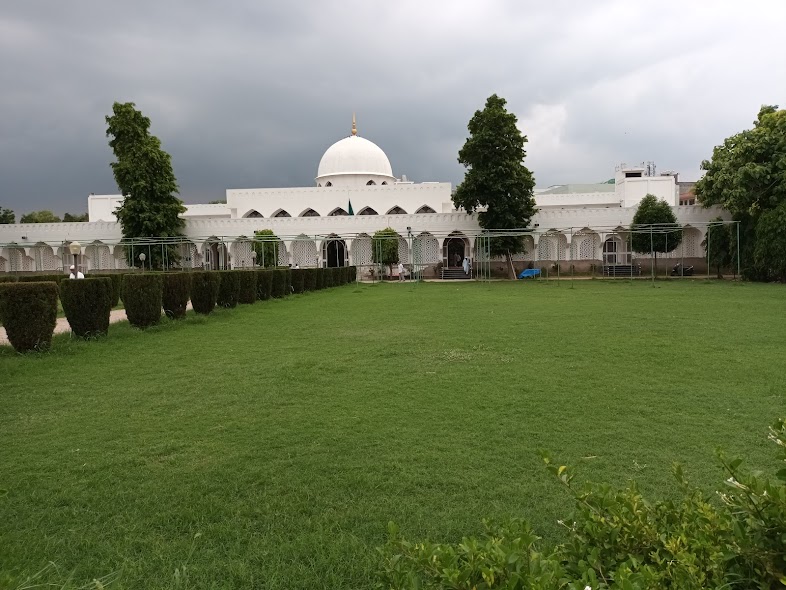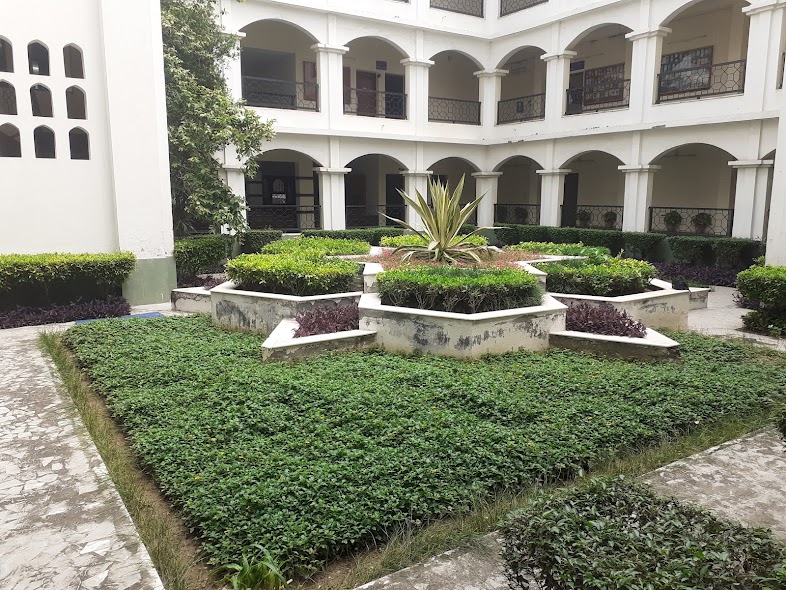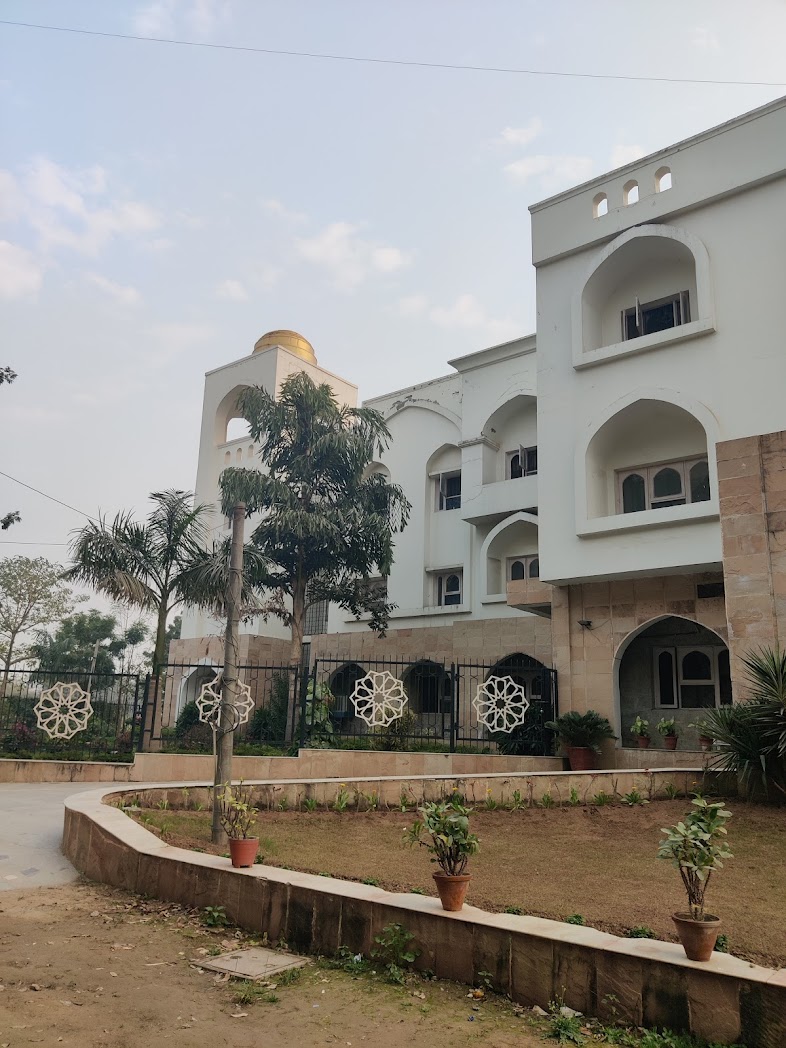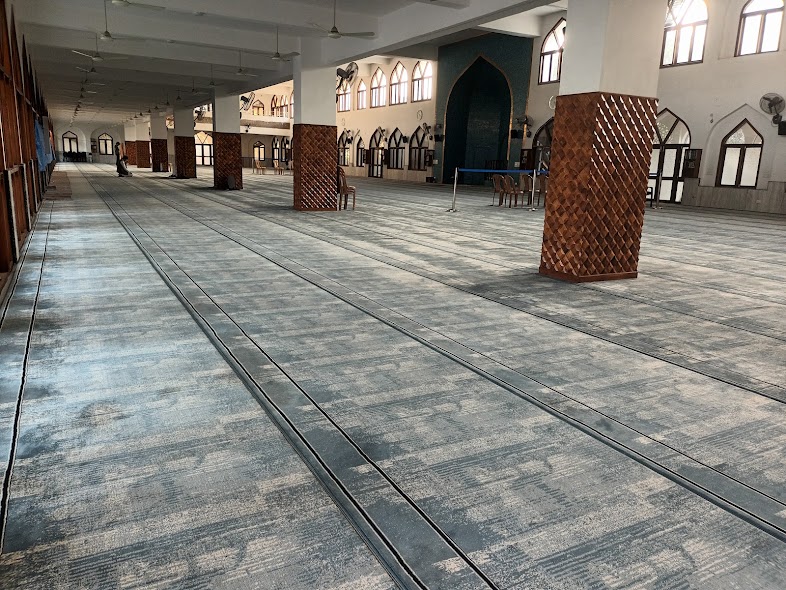



Jamaat-e-Islami Hind (JIH) is one of the largest Islamic organizations in India, rooted in both religious and social reform. Here is an overview of its establishment and core activities: Establishment Founder: Jamaat-e-Islami Hind (JIH) was originally part of the larger Jamaat-e-Islami movement founded by Islamic scholar Maulana Abul Ala Maududi in 1941 in British India. Following the partition in 1947, Jamaat-e-Islami split into two separate entities: Jamaat-e-Islami Pakistan and Jamaat-e-Islami Hind. Date: Jamaat-e-Islami Hind was formally established as a separate entity in 1948 to cater to the Indian Muslim population, focusing on promoting Islamic values within the Indian socio-political context. Location: The organization's Markaz (central office) is located in New Delhi, India. This serves as the administrative and ideological hub for its operations nationwide. Ideology and Mission Islamic Revivalism: The main mission of Jamaat-e-Islami Hind is to establish a society based on Islamic principles and values. It aims to bring about a spiritual, moral, and social transformation through peaceful and democratic means. Social Welfare: JIH is deeply involved in community service, working in areas like education, healthcare, relief efforts during disasters, and promoting social justice. Islamic Education and Dawah (preaching): One of its primary goals is to spread awareness about Islam and its teachings. The organization runs schools, madrassas, and institutes that focus on both religious and modern education. Organizational Structure JIH has a well-structured hierarchy, including a national leadership, local branches in different states, and specific departments dedicated to education, community development, and publications. It has women’s wings and youth organizations to engage different sections of society. Core Activities Education: JIH runs schools, educational programs, and institutes aimed at both religious and secular education, fostering a generation of students who can contribute to the social, political, and religious spheres in India. Social Welfare: Jamaat-e-Islami Hind is involved in charitable activities, including health care services, disaster relief, and poverty alleviation efforts. It operates hospitals, clinics, and distributes aid during crises. Dawah (Propagation of Islam): The organization actively engages in spreading Islamic teachings through lectures, literature, and public outreach. Political Engagement: Although JIH primarily focuses on social and religious reform, it has had some degree of engagement in Indian politics. However, it advocates for achieving its goals through democratic and non-violent means. Publications and Media: JIH has a strong presence in publishing Islamic literature, magazines, and journals in multiple languages, including Urdu and English, to disseminate its message. Its publications often focus on contemporary issues from an Islamic perspective. Influence and Reach Jamaat-e-Islami Hind operates across India with branches in various states. It plays a significant role in the Muslim community's intellectual, educational, and religious life. The organization has historically been involved in interfaith dialogue and works to promote communal harmony, especially in a diverse and pluralistic society like India. Markaz and Campus The Markaz, located in Delhi's Abul Fazal Enclave (Okhla area), serves as the central office where key decisions are made. It includes administrative offices, meeting spaces, prayer halls, and sometimes guest accommodations for visiting scholars and leaders.